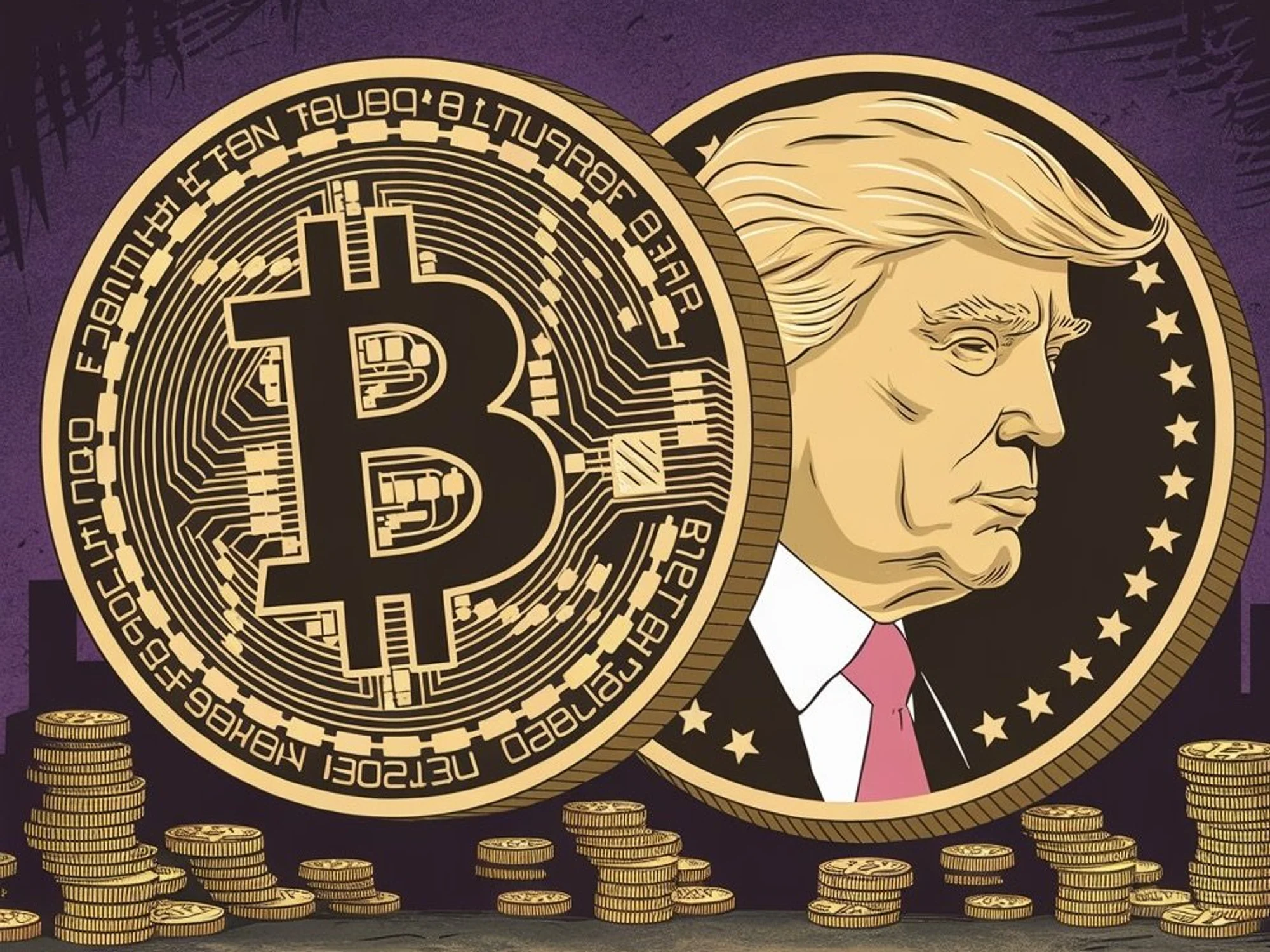David Sacks, the newly appointed AI and cryptocurrency czar for the Trump administration, divested over $200 million in digital asset-related investments before assuming his White House position, according to an ethics disclosure memo. The 11-page document, dated March 5 and authored by White House counsel David Warrington, outlines Sacks’ efforts to avoid potential conflicts of interest as he steps into his role shaping U.S. crypto policy.
The memo reveals that at least $85 million of the divested assets were directly tied to Sacks, while the remainder was held through his venture capital firm, Craft Ventures. While Craft Ventures retains some exposure to digital assets through other funds, Sacks personally liquidated his holdings in major cryptocurrencies like Bitcoin, Ethereum, and Solana, as well as his stakes in crypto-related companies such as Coinbase and Robinhood. He also sold his position in the Bitwise 10 Crypto Index Fund and began unwinding his limited partner interests in crypto-focused investment funds like Multicoin Capital and Blockchain Capital.
Sacks’ decision to divest stands in stark contrast to the financial practices of other high-profile figures in the Trump administration. President Trump himself maintains significant investments in crypto-related ventures, including a majority stake in Trump Media & Technology Group, the parent company of Truth Social, and a recently launched memecoin, $TRUMP, through his company CIC Digital LLC. Additionally, the Trump family benefits from World Liberty Financial, a crypto bank launched last year.
Elon Musk, another key adviser to the administration, also holds substantial influence over government policies that could impact his businesses, including Tesla, SpaceX, and his AI startup xAI. SpaceX, for instance, has secured a $1.8 billion contract with the National Reconnaissance Office to build spy satellites, raising questions about potential conflicts of interest.
Sacks’ divestment comes amid growing scrutiny over the financial ties of Trump administration officials to the crypto industry. Massachusetts Senator Elizabeth Warren, a prominent critic of crypto regulation, recently sent a letter to Sacks ahead of the White House’s first-ever Crypto Summit, urging him to disclose his financial holdings and address potential conflicts of interest.
In response to the criticism, Sacks emphasized his commitment to transparency during an episode of the All-In Podcast, where he is a co-host. “I didn’t want to even have the appearance of a conflict,” he said, explaining his decision to sell approximately $200 million in crypto assets.
The ethics memo also highlights Sacks’ support for President Trump’s March 6 executive order establishing a Strategic Bitcoin Reserve, which will be funded exclusively through tokens seized in criminal and civil forfeiture cases. The order also created a U.S. Digital Asset Stockpile, managed by the Treasury Department, to hold other confiscated cryptocurrencies.
While Sacks has significantly reduced his crypto exposure, the memo notes that a small portion of his portfolio—less than 0.1% of his total assets—remains tied to digital assets. However, the sale of these holdings is described as “certain and imminent.”
Sacks’ proactive approach to divestment sets a new precedent in an administration where conflicts of interest have often been overlooked. As the U.S. continues to grapple with the regulatory challenges posed by the rapidly evolving crypto industry, Sacks’ actions may serve as a benchmark for ethical conduct among policymakers.
Representatives for the White House, Elon Musk, and the Commerce Department did not immediately respond to requests for comment.

